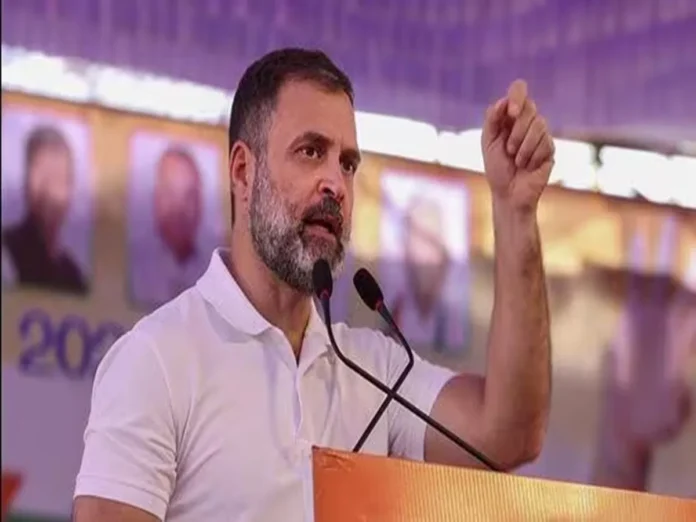Recently, the Congress party accepted an invitation extended by a group of former judges for a public debate between Rahul Gandhi and Prime Minister Narendra Modi. The move has sparked widespread interest and anticipation, as it promises to provide voters with valuable insights into the policies, ideologies, and leadership styles of the two political stalwarts. As preparations for the debate gather momentum, all eyes are on the participants as they gear up for what could be a defining moment in Indian politics.
The invitation for a public debate between Rahul Gandhi and Prime Minister Narendra Modi comes against the backdrop of growing political polarization and escalating tensions between the ruling Bharatiya Janata Party (BJP) and the opposition Congress party. In recent years, public discourse in India has often been overshadowed by acrimony and divisiveness, with political leaders engaging in verbal sparring matches rather than constructive dialogue. Against this backdrop, the proposal for a public debate offers a refreshing departure from the norm, providing an opportunity for leaders to engage in a substantive discussion on issues of national importance.
The decision by the Congress party to accept the invitation for a public debate reflects its commitment to fostering transparency, accountability, and open dialogue in Indian politics. Rahul Gandhi, in his response to the invitation, emphasized the importance of engaging with the electorate directly and articulating the party’s vision and policies in a transparent and accessible manner. By accepting the challenge, the Congress party seeks to demonstrate its willingness to engage in constructive dialogue with its political opponents and present its case to the public.
The proposed public debate between Rahul Gandhi and Prime Minister Narendra Modi has generated significant interest and speculation among political observers and the general public alike. Both leaders are known for their distinct communication styles and rhetorical flair, making the prospect of a face-off between them all the more intriguing. The debate is expected to cover a wide range of topics, including economic policies, social welfare initiatives, national security, and foreign relations, providing voters with valuable insights into the contrasting visions and ideologies of the two leaders.
Moreover, the involvement of former judges as moderators adds an additional layer of credibility and impartiality to the debate, ensuring that it is conducted in a fair and transparent manner. The presence of independent moderators will help maintain decorum and facilitate substantive discussion, while also holding the participants accountable for their statements and arguments. This, in turn, is likely to enhance the quality and relevance of the debate, making it a valuable exercise in democratic discourse.
As preparations for the debate get underway, both the Congress party and the ruling BJP are gearing up to present their respective leaders in the best possible light. For the Congress party, the debate represents an opportunity to showcase Rahul Gandhi’s leadership credentials and policy acumen, positioning him as a viable alternative to Prime Minister Narendra Modi. Conversely, the BJP will seek to leverage Prime Minister Modi’s popularity and track record of governance to bolster its electoral prospects and reaffirm its dominance in Indian politics.
Beyond its immediate implications for the upcoming elections, the public debate between Rahul Gandhi and Prime Minister Narendra Modi holds broader significance for Indian democracy. By providing a platform for leaders to engage in open and transparent dialogue, the debate reaffirms the principles of accountability, transparency, and freedom of expression that are fundamental to democratic governance. It also underscores the importance of informed citizenship and active participation in the political process, empowering voters to make informed decisions based on substantive issues and policy proposals.
In addition, the Congress party’s acceptance of the invitation for a public debate between Rahul Gandhi and Prime Minister Narendra Modi marks a significant development in Indian politics. As preparations for the debate gather momentum, all stakeholders are eagerly anticipating what promises to be a riveting exchange of ideas and perspectives. Beyond its immediate implications, the debate reaffirms the values of accountability, transparency, and democratic discourse that are essential to the functioning of a vibrant and pluralistic democracy like India.

